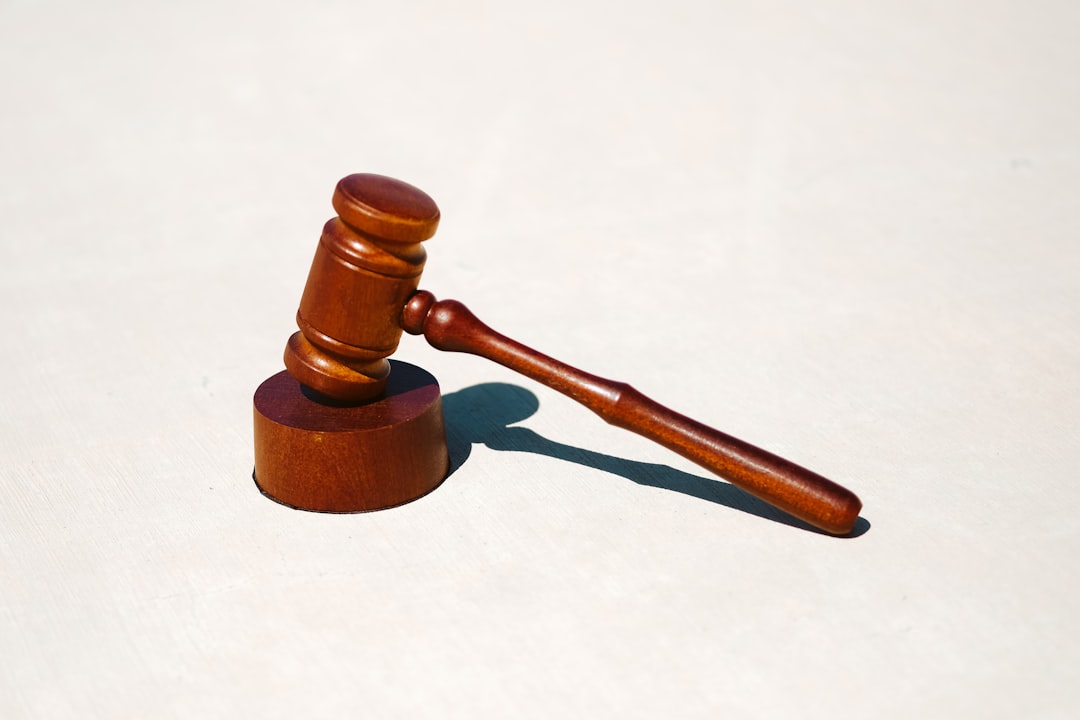Social media's influence on sharing experiences, particularly in Connecticut's massage spa industry, has empowered survivors of massage abuse to come forward with their stories, aiding massage abuse attorneys. However, this landscape also presents challenges, such as misinformation and false accusations spread online. Massage businesses must navigate online reviews carefully, encouraging positive feedback while addressing concerns promptly to avoid legal risks associated with massage abuse attorneys. Proactive measures like active social media engagement and collaboration with attorneys are crucial for maintaining business integrity and mitigating potential crises.
The ubiquitous presence of social media has transformed how we share experiences, including those within the wellness industry. This article explores the complex relationship between social media and massage spa abuse cases in Connecticut. We delve into how online platforms can both expose and exacerbate issues, impacting businesses and clients alike. From misinformation spread to potential legal repercussions, understanding these dynamics is crucial for massage therapy professionals and massage abuse attorneys in CT to navigate the digital age safely.
The Rise of Social Media and Massage Spa Abuse Cases in Connecticut

In recent years, social media has become an integral part of daily life in Connecticut, just as it has across the globe. This digital revolution has transformed how people connect, communicate, and share information—including experiences related to massage spas. With the rise of online reviews and social media platforms, consumers now have a powerful tool to voice their opinions and share stories of dissatisfaction or worse. This shift has notably impacted massage abuse cases in Connecticut, as victims are finding their voices and connecting with like-minded individuals.
The increased visibility of massage abuse through social media has not only raised awareness among the public but also empowered survivors to come forward. Many Connecticut residents have taken to platforms like Facebook, Twitter, and Instagram to share their experiences, providing crucial evidence and details that may have previously been unknown. This trend has significantly contributed to the success of massage abuse attorneys in Connecticut, who can now access a wealth of information to build strong cases against offenders.
How Social Media Platforms Facilitate the Spread of Misinformation and Potential Legal Consequences

Social media platforms, while offering a powerful tool for communication and awareness, can also inadvertently facilitate the spread of misinformation, especially in sensitive cases like massage spa abuse. Misinformation can take many forms, from false accusations to exaggerated claims, and it moves swiftly online. This can significantly impact ongoing legal cases, causing potential delays and misunderstandings. For instance, an angry client might post false details about a spa and its staff on social media, which could then be picked up by news outlets or shared widely, affecting the reputation of the business and its legal defense.
In Connecticut, where massage abuse attorneys often deal with complex cases involving public perception, social media becomes a critical factor. It’s crucial for victims to seek accurate representation from experienced lawyers who can navigate this digital landscape. Massage abuse attorneys must also be vigilant in addressing misinformation online, providing factual updates, and ensuring their clients’ rights are protected against potential legal repercussions arising from social media posts.
Navigating Online Testimonials: Uncovering Truths and Mitigating Risks for Massage Businesses

Navigating online testimonials is a delicate task for massage businesses, especially in light of the sensitive nature of their services and potential risks involved. With the rise of social media, customers often share their experiences, which can be a double-edged sword. While positive reviews attract new clients, negative feedback, if genuine, requires careful handling to mitigate any legal risks. In Connecticut, where massage abuse attorneys are readily available, businesses must be proactive in managing online reputation and ensuring customer safety.
To uncover truths from false accusations, businesses should encourage constructive feedback and promptly address any concerns. By fostering an environment of open communication, they can identify legitimate issues and take corrective actions. Moreover, staying active on social media platforms allows businesses to engage with customers, clarify misunderstandings, and showcase their commitment to providing a safe and therapeutic space. This proactive approach not only helps in managing online testimonials but also strengthens the business’s position in the event of any legal disputes involving massage abuse attorneys in Connecticut.
Strategies for Massage Therapy Professionals to Protect Themselves and Their Businesses in the Digital Age

In today’s digital era, where social media platforms hold immense power, massage therapy professionals in Connecticut must stay vigilant to protect themselves and their businesses from potential online pitfalls. The rise of massage abuse allegations, often fueled by false reviews or malicious campaigns, necessitates a proactive approach. One effective strategy is to foster an online presence that showcases professional credentials and client testimonials, thus deterring baseless accusations. Engaging with clients through social media can also help build trust and encourage open communication about expectations and boundaries.
Additionally, staying connected with local massage abuse attorneys in Connecticut can provide peace of mind. These legal professionals specialize in defending against false claims and can offer guidance on managing online reputation crises. Regularly reviewing and monitoring online reviews, engaging in proactive customer feedback mechanisms, and documenting interactions with clients are essential practices. By implementing these strategies, massage therapists can navigate the digital landscape more confidently, ensuring their businesses remain free from unwarranted scrutiny and abuse.





